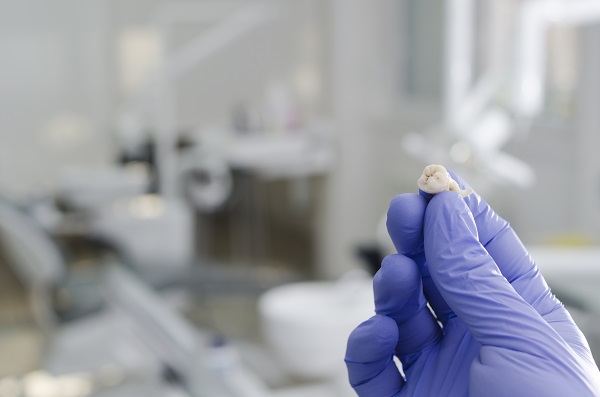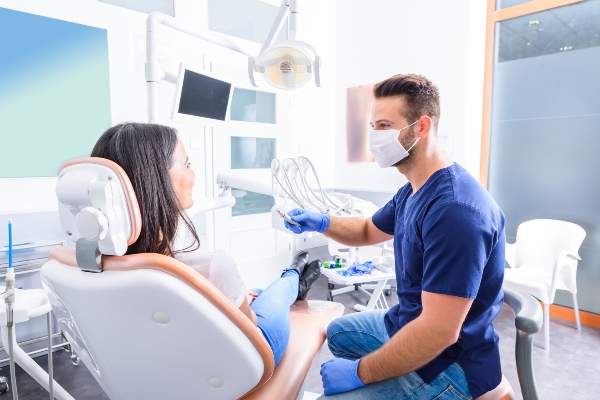Getting your out can be a scary event. The thought of going through surgery may make you nervous or anxious. But in many cases, removing these third molars is the right decision for your health and smile. You do not have to go into this procedure blindly, however. As you learn more about it, you can be more comfortable and at ease with the process. Your dentist will also provide the answers and direction you need.
Why do people have their wisdom teeth removed?
It is not uncommon for people to undergo surgery to take out these teeth. One of the main reasons is that there is not a lot of room in the jaw to accommodate the arrival of these molars. This can result in tooth, gum, and jaw pain. These teeth are also difficult to reach with a toothbrush and floss, putting the person at risk of developing decay or infections. Also, people with these teeth are more prone to having cysts or even tumors in the mouth. Removing these molars reduces the chances of these problems occurring.
When is the right time to have wisdom teeth removal?
Wisdom teeth are not essential for chewing. Because of this and the fact that these molars can cause health problems, the dentist may recommend extraction. To avoid health issues, it may be right to take the teeth out before eruption. This can occur between the ages of 17 to 25. Dental professionals suggest getting the teeth out before age 20.
How does the process work?
Removing wisdom teeth is an invasive procedure. The dentist will use a local anesthetic to numb the person’s mouth or may put the patient to sleep by using general anesthesia. After this, the dentist will cut into the gums, exposing the bone and tooth. The dentist will remove the bone and break the tooth into pieces. After taking out the pieces, the dentist closes the wound and controls any bleeding in the mouth.
How long does recovery take?
Recovering from wisdom teeth removal surgery can take several days or longer. The patient should have someone drive them home from the dentist’s office. The patient should also spend the next 24 to 48 hours resting and avoiding strenuous activities. For the next five to seven days, the patient should only drink liquids and eat soft foods. Keeping an ice pack on the mouth can help to soothe pain and discomfort.
Are there any problems after the surgery?
Pain and discomfort are common for up to 10 days after the surgery. If the patient continues to experience irritation and discomfort, it is important to call the dentist. If bleeding persists, the patient should notify the dentist as well. The person should also pay attention to swelling and bad tastes in the mouth following the wisdom teeth surgery.
Check out what others are saying about our dental services on Yelp:
Be ready for your appointment
Having your wisdom teeth out may be the most extensive dental work you ever have. It is normal to feel apprehensive about this event. If you understand more about these teeth and what happens during the removal procedure, you can feel more at ease. When you are ready to talk about removing these molars, make an appointment with your dentist.
or call Serenity Dental Spa at 415-376-6196 for an appointment in our San Francisco office.
Related Posts
Wisdom tooth extraction is a common dental procedure to remove the third molars. These teeth typically emerge between late adolescence and early adulthood. While some individuals experience no issues and keep their wisdom teeth, others encounter pain, infection, or misalignment as these teeth develop and begin to erupt. Knowing the signs that indicate the need…
Wisdom teeth tend to disrupt the balance of your oral environment. As these third molars develop, dental issues emerge. One of them is a dentigerous cyst. It is a fluid-filled sac that grows in the soft tissue and jawbone. Dentigerous cysts from wisdom teeth can carry dental problems. If you want to understand the dental…
Patients who have wisdom teeth extraction enjoy having better dental health. This type of oral surgery is one of the most common procedures in a majority of dental clinics. Even so, some patients still suffer from complications from the surgery. If you want to find out what complications you may have after wisdom teeth extraction,…


